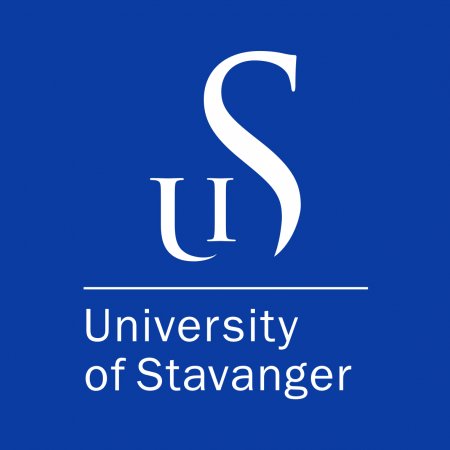Industrial Asset Management
Industrial Asset Management brings a modern twist to engineering education. Through this Master's degree, you will acquire expertise in both technical engineering and management that is highly requested in various industrial sectors.
This programme levels up your engineering education with practical management knowledge about modern industrial assets. You will learn about relevant standards, regulations, best industrial practices and systems (industrial equipment and infrastructure), digitalised and integrated operations, modern industrial maintenance, and enabling technologies of Industry 4.0.
In this study you will gain the asset management mindset where you utilise data and consider risk and consequences, to estimate cost and benefits. This mindset will help you to take optimal decisions about operations and maintenance of facilities like offshore wind farms.
You will mainly learn how to manage modern, digital, advanced, and complex industrial facilities/engineering systems in industrial and public organisations. Furthermore, you will gain skills to manage the life cycle phases of engineering assets such as design, construction, installation, operation, maintenance, and recycling in a sustainable manner.
Entry requirements
Specialisation in Asset Engineering and Digitalisation Processes
A bachelor’s degree in any engineering discipline is required. Applicants must have the equivalent of 25 ECTS credits in mathematics, 5 ECTS credits in statistics and 7,5 ECTS credits in Physics.
It may be an advantage if the applicant has taken subjects related to engineering, technical and operational aspects of engineering facilities/systems and processes in the bachelor's degree and/or has relevant technical and operational industrial experience related to engineering systems and processes.
Specialisation in Sustainable Assets and Smart Operations
A bachelor's degree in a relevant field such as general engineering, projects and contracts, economics and business management, operations management, supply chain and logistics, construction and construction management, industrial production, industrial services, industrial technologies, and general management, as well as other social sciences and business-related disciplines. Applicants with other educational backgrounds will also be evaluated by the admissions committee.
Admission to this master's programme requires a minimum grade average comparable to a Norwegian C (according to ECTS Standards) in your bachelor's degree.
Entry requirements
Specialisation in Asset Engineering and Digitalisation Processes
A bachelor’s degree in any engineering discipline is required. Applicants must have the equivalent of 25 ECTS credits in mathematics, 5 ECTS credits in statistics and 7,5 ECTS credits in Physics.
It may be an advantage if the applicant has taken subjects related to engineering, technical and operational aspects of engineering facilities/systems and processes in the bachelor's degree and/or has relevant technical and operational industrial experience related to engineering systems and processes.
Specialisation in Sustainable Assets and Smart Operations
A bachelor's degree in a relevant field such as general engineering, projects and contracts, economics and business management, operations management, supply chain and logistics, construction and construction management, industrial production, industrial services, industrial technologies, and general management, as well as other social sciences and business-related disciplines. Applicants with other educational backgrounds will also be evaluated by the admissions committee.
Admission to this master's programme requires a minimum grade average comparable to a Norwegian C (according to ECTS Standards) in your bachelor's degree.
